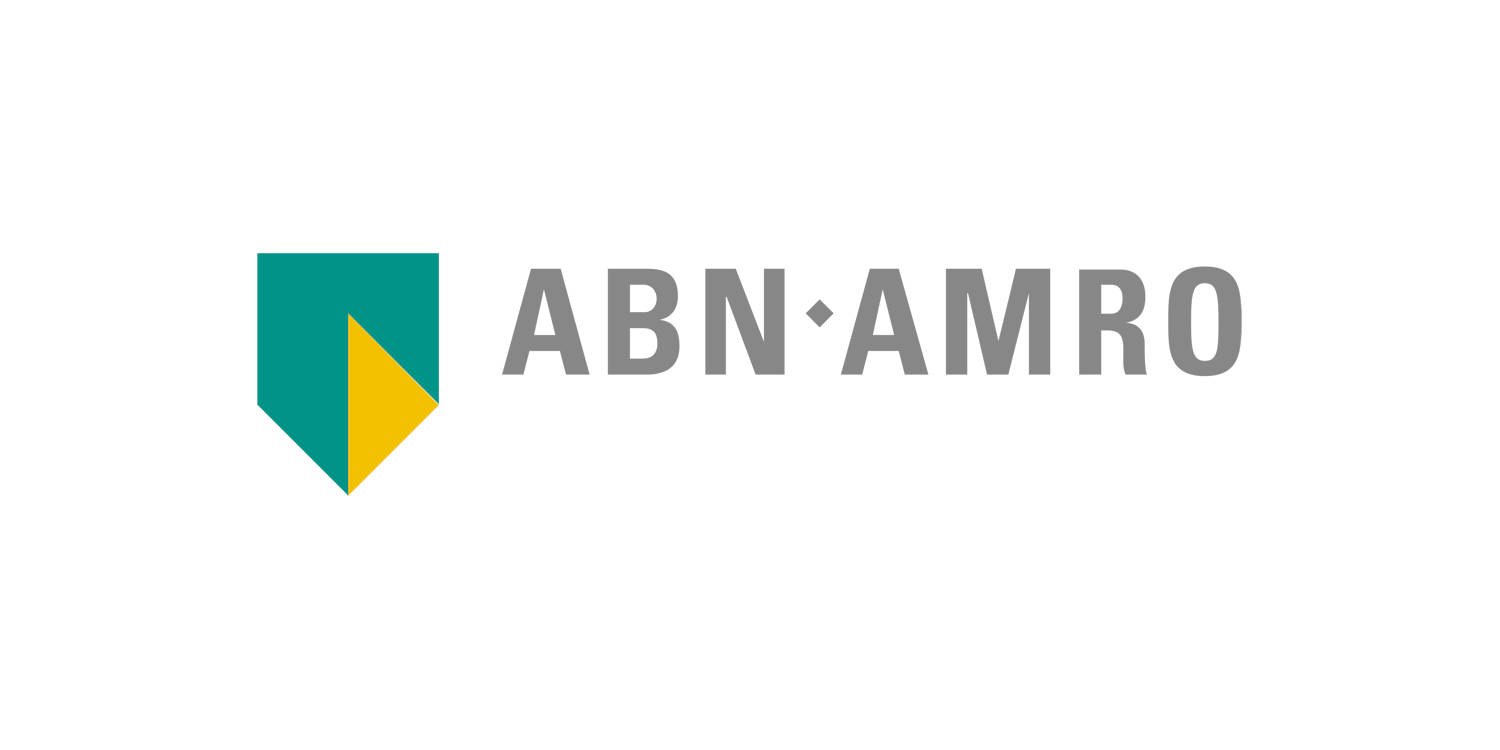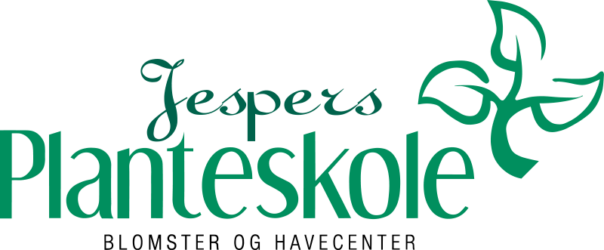“On February 23, parliamentary elections will be held in Germany. According to polls, CDU/CSU (Union) and AfD are set to gain seats, while SPD, the Greens, and Die Linke, as well as FDP, are expected to lose seats. Union leads the polls, with AfD in second place. However, a coalition between these parties is not feasible. Most parties, including Union, reject governing with AfD due to this party’s extreme views. • The most likely coalition is Union with SPD, as CSU leader Markus Söder does not want to partner with the Greens. Given the strained relationship between Union and SPD, the likelihood of significant reforms is low. Nevertheless, the chance of easing the so-called debt brake is high in a renewed ‘Grand Coalition’. SPD has long favoured this, and given statements by Union leader Friedrich Merz, Union now supports it as well. • Easing the debt brake would allow for additional investments by the German government. These are urgently needed as the German economy is eager for improvements in physical and digital infrastructure. Easing the debt brake also opens the door to implementing proposals from the Draghi report, which calls for further European integration and higher investments in energy transition, innovation, and defence.”
Morten W. Langer






